The Great Buddhist Kings of Asia
The conversion of Asoka (273 - 232 B. C.) to Buddhism was an important turning point in the history of Buddhism. He launched a vigorous campaign of preaching the teachings of the Buddha and sent missionaries even to the foreign countries. The first neighbouring country to accept Buddhism during the reign of Asoka was Sri Lanka. From there, Buddhism spread in due course to other countries in South-East Asia. Buddhism reached China in the first century A. D. From China, it reached Korea. From Korea, the missionary monks took it to Japan. The Bhikkhu Sangha has a unique position in Buddhism as they played a major role in converting monarchs to Buddhism. In India, Asoka the Great was the first Emperor to be converted to Buddhism by an eminent Buddhist saint and scholar, Ven. Moggaliputta Tissa. Asoka the Great supported the Sangha with lavish donations and built innumerable monasteries and stupas to popularise Buddhism.
The Asokan model proved a great inspiration for the Buddhist Kings in other countries. Wherever Buddhism spread in Asia, it was primarily as a result of the royal patronage. In this book, are given the biographies of 30 Great Buddhist Kings of 12 countries who promoted the cause of Buddhism in a big way. These countries are: India, Sri Lanka, Myanmar, Thailand, Combodia, Laos, China, Korea, Japan, Tibet, Bhutan and Mongolia.
Get it now and save 10%
BECOME A MEMBER

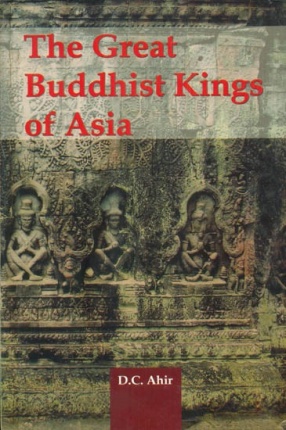
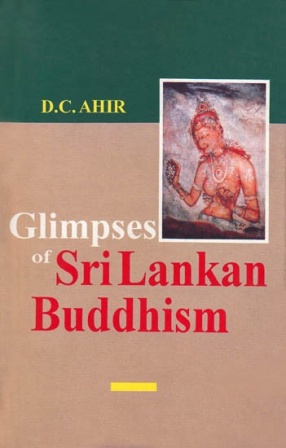
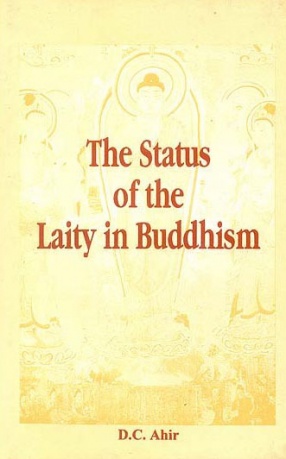
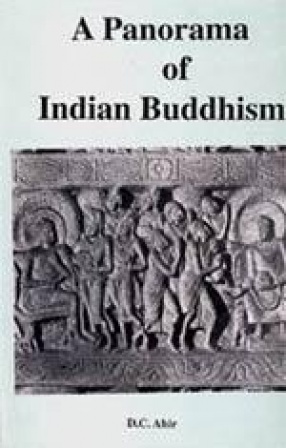
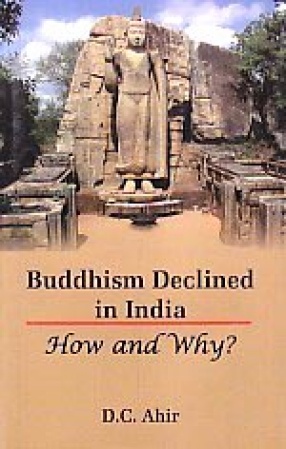
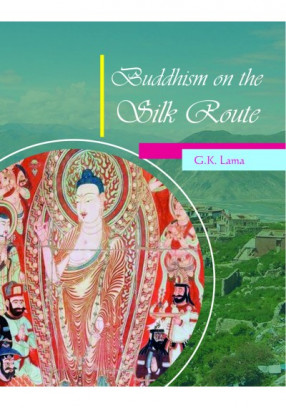
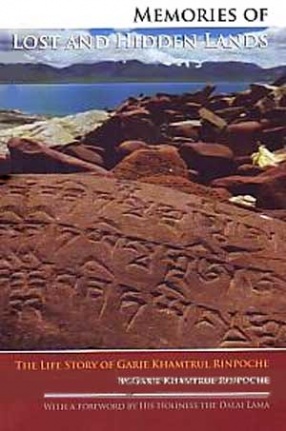
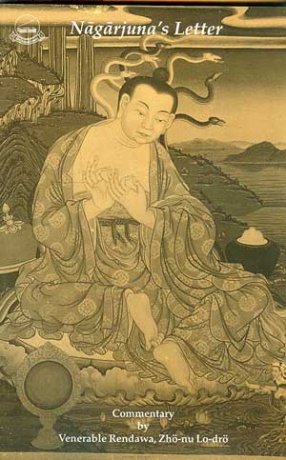
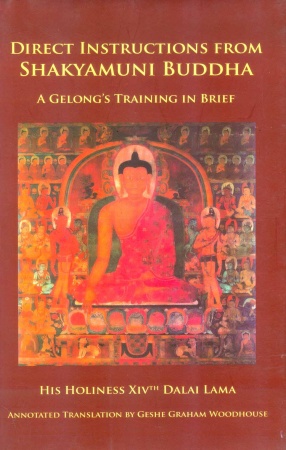

Bibliographic information